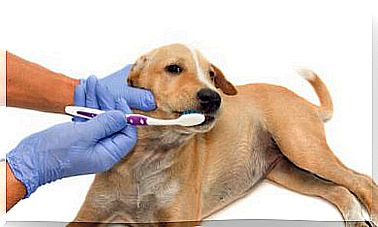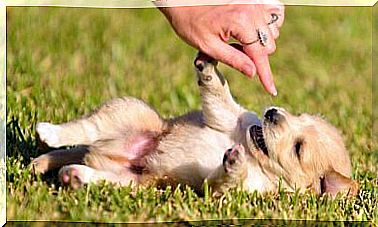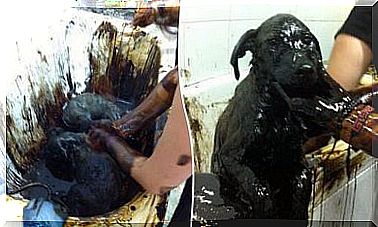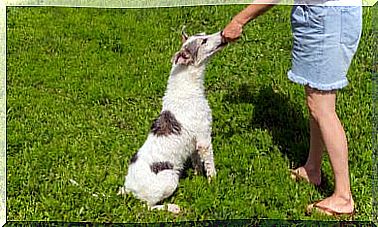Learned Helplessness, What It Is And How To Deal With It

Much has been heard of learned helplessness. Mostly at the level of people, such as abused women and children with enormous trauma. In reality, even if in a less evident way, this pathology can also affect pets.
In this article we will tell you about the causes and symptoms of this serious problem which is very difficult to interpret. A series of information and advice that will be very useful to all of you who own an animal at home.
What is learned helplessness?
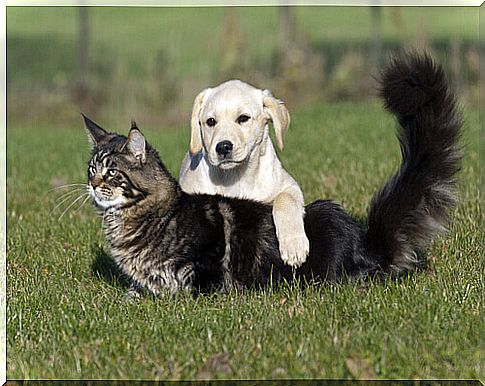
Learned helplessness is a special psychological condition that leads an animal to act passively in adverse situations. That is, it has been realized that, in the presence of trauma or bad experiences, the defense instinct is canceled, leading the dog or cat to accept any type of action.
In short, it produces a profound pessimism and a lesser will to live. Simply, the animal lets itself do anything. Violence, mistreatment: life becomes acceptance without meaning or purpose.
A disease closely linked with depression and mental disorders resulting from the lack of control in certain situations.
But be careful: is learned helplessness really only caused by trauma and violence? In reverse. Dogs can develop this psychological pathology even in everyday life. For example, if life is made impossible for them, with constant punishments, shouts and reproaches that are disproportionate and excessively harsh or humiliating.
The animal feels rejected, unloved, due to the attitude of those who take care of it. The result? He will no longer respond to commands, he will no longer want to play as before. In short, it will turn into a mere body without the will to live.
Care must be taken not to push your pet towards this psychological abyss by superficiality or inattention. Every little action of everyday life has consequences on a mental level up to the extreme stage of learned helplessness.
Unfortunately, this is one of the things that many trainers insist on wrongly. With the excuse of making the dog docile and obedient, they leverage on the psychological level, making the animal’s conduct passive. As in the case of particularly active or aggressive dogs to whom they suggest applying a very tight collar.
Does this seem like a good way to get your pet’s obedience? Perpetrating such petty violence every day, inevitably, can open the door to learned helplessness.
How to deal with and cure learned helplessness?

It may be that you have adopted a dog that already suffers from this disease. Perhaps it is an animal with a complicated past, made up of abuse and neglect. A face welcomed into your home can be difficult to interpret changes in mood : you thought you have chosen a good dog which, on the contrary, turns out to be rather unmanageable.
Well, in addition to normal character traits, it could be a case of learned helplessness. Put simply, your dog no longer has any desire to live and for him to receive an order or disobey it, it just does the same. It doesn’t matter how much you can scold him or take him back.
Is there any system to cure learned helplessness? Let’s be honest, the road ahead is long and not very easy. The psychologists are crucial in this regard. Talk to your vet and have them recommend one you can go to as soon as possible.
First of all, however, you will need to begin what is referred to as ‘ positive reinforcement ‘. That is affection, caresses, sweetness in speaking, dedicating time to your pet. This is the most important element in dog recovery. If you don’t have time for him, be honest with yourself and, if so, entrust him to another family. You need time to take him for a walk, run together, to find out what he still likes to do.
Go and talk to the managers of the center or kennel from which you adopted him, find out about his past and the abuse of which he may have been a victim. In this way you can act accordingly, improving his approach to life and rebuilding his self-esteem.
Show your dog that he is important to you, that you cannot live without him, that everything has changed and that everything will be fine from now on.


